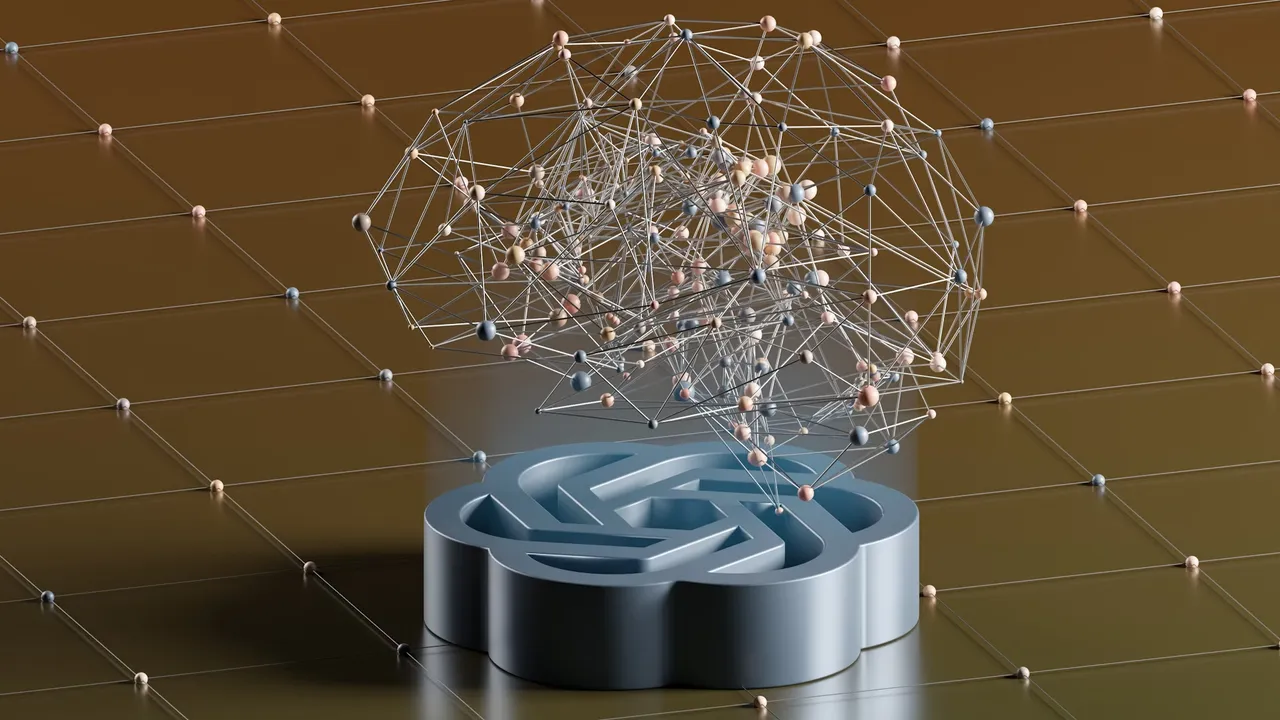Just when we thought we'd seen it all, some researchers developed a mind-reading AI that could replicate what you were seeing. The accuracy of the results from their experiments is near-perfect, promising new possibilities for AI technology across different fields.

These researchers from Radboud University achieved this feat in neuroscience with an fMRI (functional magnetic resonance imaging) machine that records brain activity by measuring blood flow and feeds the data from the visual cortex to an AI algorithm that then reconstructs the images seen.
Sounds unreal, but it sure is better than the doomsaying we hear about AI being our undoing. There are actual use cases for AI to revolutionise how we do things and even provide answers and solutions to problems quicker and more efficiently, just like this one.
The researchers carried out two studies, one with volunteers and the other with a monkey. In the first, a couple of photos of faces were shown to volunteers while the fMRI recorded their neural activities in the visual cortex. The AI then reconstructed images close to what the volunteers had seen.
In the second, a monkey was shown AI-generated images. This time, however, they implanted electrode arrays in the monkey's brain to record its neurological activity. The results in this study were "near-perfect," as claimed, and "identical to the original images. This was, of course, because of the implants.

Top row: original images. Second row: images reconstructed by AI based on brain recordings from a macaque. Bottom row: images reconstructed by the AI system without an attention mechanism
This breakthrough is not only outstanding, but it also inspires new ideas. Imagine restoring vision, brain-computer interfaces, and advanced neurological diagnostics.
One could just imagine a photo and have it generated by AI. That would be way more efficient than making a prompt, and even easier than trying to engineer it to get what's desired from AI.
And what about dreams? What if, soon enough, we could be able to see images from our dreams? Or even better, perhaps footage from the things we see when we're asleep. When that time comes, I wonder what we'll actually see—if they are as we perceive them or something entirely different.
There's a wide spectrum of things that could come out of this technology as it develops. Lie detection, therapy, and on.
For now, the technology doesn't actually read minds. It only analyses data from the visual cortex and processes it into images. It is a feat regardless, and it is promising, too.
“Considering the speed of progress in the field of generative modelling, we believe that this framework will likely result in even more impressive reconstructions of perception and possibly even imagery in the near future,” the researchers’ said in the study.

Make earnings with your content on Hive via InLeo while you truly own your account. If you're new, sign up in a few minutes by clicking here! And here's a guide on navigating.